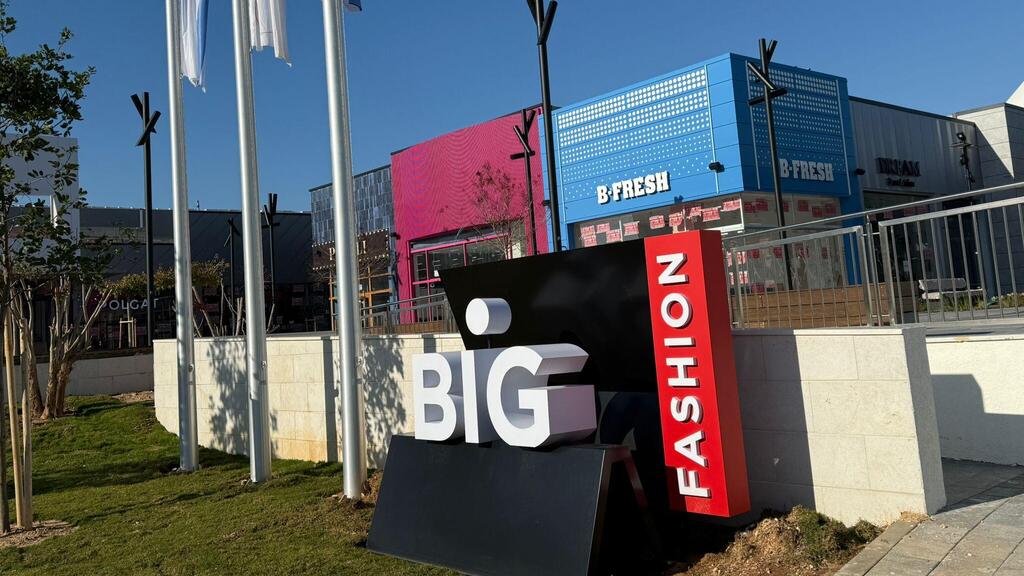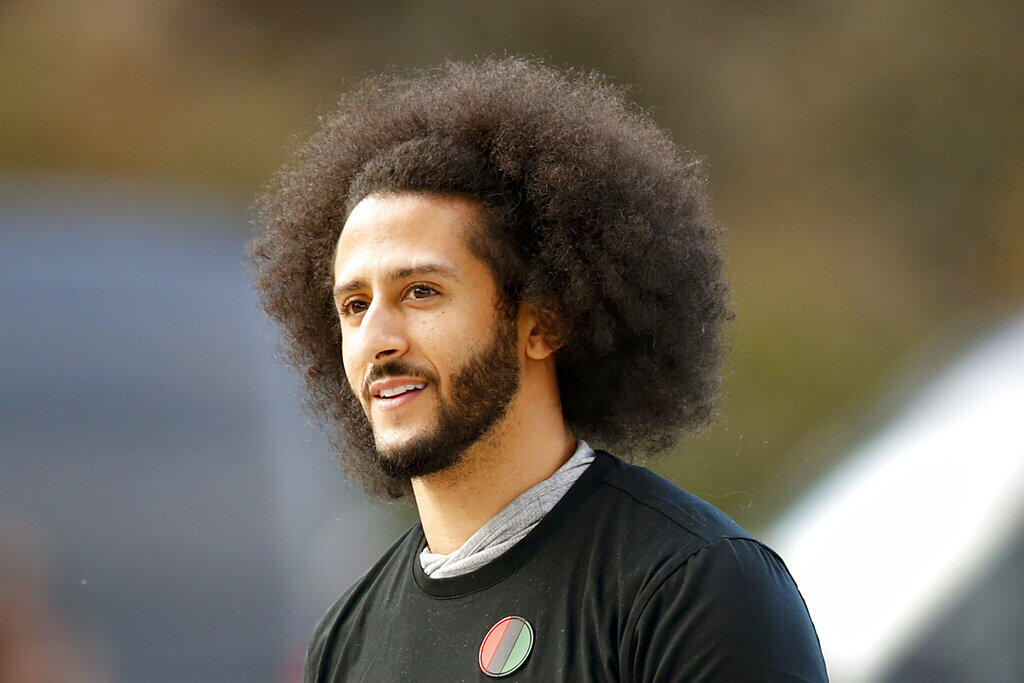Getting your Trinity Audio player ready...
The ongoing debate over the opening of businesses on Shabbat in Israel raises fundamental questions about balancing individual freedom with the status quo. The boycott initiated by a specific group against BIG due to its decision to operate shopping centers on Shabbat extends beyond a religious-social dispute—it highlights strategic, marketing and consumer-related issues that have far-reaching implications beyond this particular case.
The key question is whether a consumer boycott can genuinely harm a brand or if, in the long run, it actually strengthens it.
The firestorm surrounding the opening of the Glilot Mall — the largest in Israel — was not simply about opening a new shopping center, but what it represents in a long-standing cultural and social struggle in Israel.
This decision was particularly significant for the religious and ultra-Orthodox communities in Israel, for whom keeping businesses closed on Shabbat is a deeply rooted tradition. Over the years, Shabbat has been a sensitive issue in Israel, with many businesses observing a closure on Saturdays, and those that don’t often face protests. The opening of the mall, set to become a major commercial hub, sparked a strong public confrontation that reverberated across the business sector and society.
BIG, one of Israel’s leading real estate companies, is known for managing large shopping centers throughout the country, including popular destinations such as Ayalon Mall and Drorim. The opening of the Glilot Mall was a significant step in the company's expansion, but it also reignited the public debate over operating businesses on Shabbat. The company is standing firm in its decision to open the mall on Saturdays and is facing significant pushback from the religious community.
From a business standpoint, BIG's decision to stand its ground and not yield to pressure is a well-calculated strategic move. Not every business needs to cater to every possible audience, and that is entirely legitimate. Just as luxury brands target specific demographics, retail chains can also define their customer base based on their values and consumer demand. BIG’s shopping centers are not located in ultra-Orthodox areas, nor do they interfere with the religious community's way of life.
The attempt to pressure a major retail network into changing its operational model is not just a clash of worldviews—it is a test case for free-market principles. In the business world, brands that are perceived as resilient and uncompromising in the face of pressure tend to strengthen their position among their target audience.
From a marketing perspective, taking a firm stand against such a boycott can be a significant growth driver. Brands that operate based on clear principles and do not project fear of immediate consequences tend to earn stronger consumer loyalty.
 Dr. Amit Serusi
Dr. Amit SerusiBIG is not only refusing to back down under pressure—it is leveraging the conflict as an effective marketing tool. It conveys strength, authenticity and courage—three key elements that foster greater consumer trust. In today’s market, where consumers do not just buy products but also connect with a brand’s values, having a clear strategic stance is more valuable than any advertising campaign.
Examples of this can be seen in global brands such as Nike, which publicly supported NFL player Colin Kaepernick despite public backlash, or companies that have championed social causes at the risk of opposition—only to emerge stronger and more successful.
Get the Ynetnews app on your smartphone: Google Play: https://bit.ly/4eJ37pE | Apple App Store: https://bit.ly/3ZL7iNv
From a consumer behavior perspective, the real question is whether such a boycott can actually harm a business or if it triggers a counter-reaction that ultimately benefits the targeted brand. In many cases, when a particular group tries to impose its worldview on the broader public, the general consumer base responds by rallying in support of the boycotted business.
The result is that the boycott becomes an unintended marketing tool—one that increases brand awareness, attracts media attention and deepens customer loyalty. Rather than driving consumers away, BIG is, in fact, fostering greater consumer engagement and positioning itself as a brand that does not succumb to political or social pressures.
The debate over opening businesses on Shabbat in Israel is not new, but it always circles back to the fundamental principle of freedom of choice. In a country with a delicate status quo and informal agreements between different societal groups, the challenge is finding a balance between respecting tradition and adapting the economy to contemporary consumer needs.
In the case of BIG, it is clear that the brand has chosen to emphasize consumer freedom, understanding that attempting to please everyone often results in losing core customers. In business, brands that are unafraid to take a stand and maintain a strong identity tend to thrive in the long run—even if, in the short term, they face resistance from certain groups. Trying to enforce change through coercion is not only ineffective but can also backfire—ultimately mobilizing the broader public to defend their right to choose.
- Dr. Amit Serusi is a strategic consulting expert.




